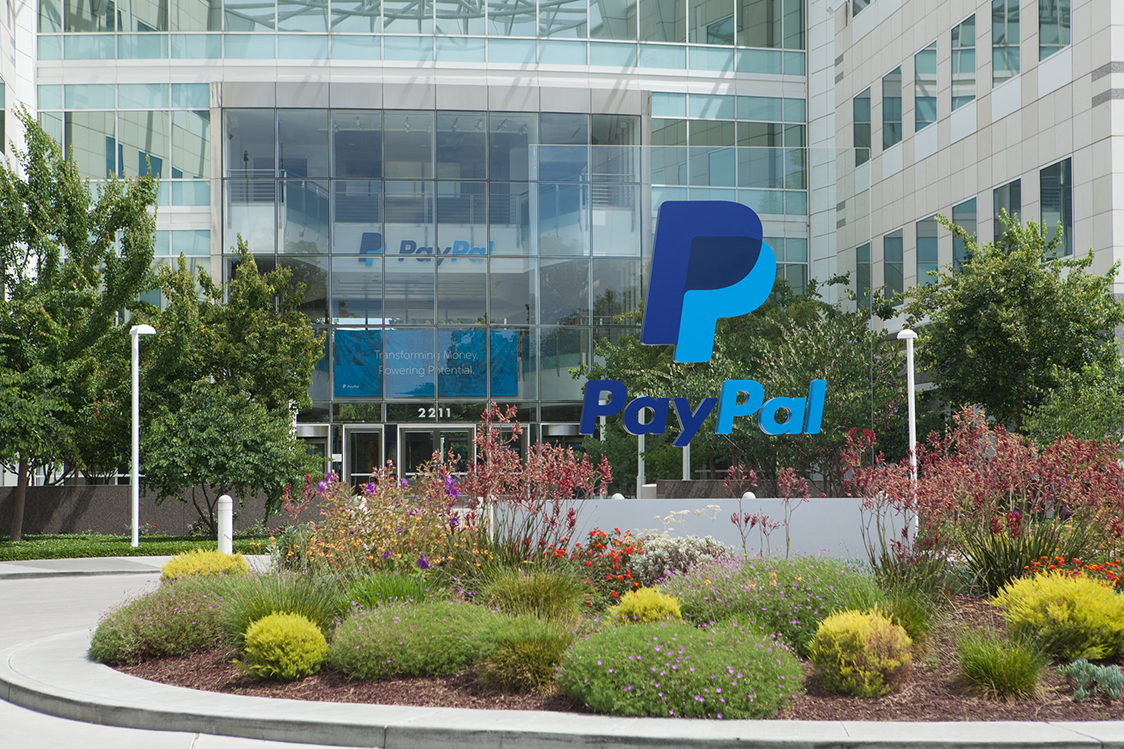By the SMU Social Media Team
The ease of online shopping is something we all take for granted. Any online buyer who has to spend more than a minute completing a purchase finds it a drag. Yet just 20 years ago, online purchasing literally took days. One company which has played a significant role in revolutionising online payments is PayPal.
With 210 million customer accounts globally, PayPal handles about a third of the $1.915 trillion global e-commerce trade. That amounts to an astonishing 600 payments per second globally and a staggering volume of data. Dr Rohan Mahadevan, CEO of PayPal Pte Ltd and SVP for PayPal Asia Pacific, provided insights into how his company uses Big Data infrastructure to protect consumers and promote merchants, during a talk organised by the SMU Master of IT in Business programme.

PayPal occupies an unusual position in the financial services industry. Unlike many financial institutions that are playing catch-up in the digital realm, PayPal is a leader at leveraging data to transform the industry.
Risk management is one of the key uses of Big Data at PayPal and is “the true engine room” for the company says Dr Mahadevan.
By using neural networks, deep learning and linear classifiers, PayPal is able to build story-based analytics that flag any suspicious transactions. And speed is the name of the game as decisions on whether a transaction is secure needs to be made in no more than three to four milliseconds.
Because of these safety networks, Dr Mahadevan says it is not easy for a start-up to rattle the payment game.

SMU School of Information Systems Dean, Prof Pang Hwee Hwa with Dr Rohan Mahadevan
“Fraud is always going to happen,” he says. “You can never stop it unless you stop all transactions. What we are constantly thinking about is the balance between commerce and risk.”
These assurances are a big reason behind consumers’ trust in the brand says Dr Mahadevan. When using PayPal, a consumer doesn’t have to input or share credit card information each time they pay; they simply key in their PayPal password.
Dr Mahadevan cites the example that if someone makes a purchase via PayPal online and the order arrives significantly different than what was described, the company will reimburse the funds so that there’s “100% protection against their eligible purchase.”
Another way in which PayPal uses Big Data to benefit businesses will be through offerings like Working Capital, where PayPal uses its unique insight into how a business transacts to determine its creditworthiness. For example, if a company does business via mobile and a website, this would make it more creditworthy than if it only used a website. While banks typically charge a certain percentage for a loan, PayPal collects a certain percentage of every sale.
So far, it has dispersed around $2 billion of loans¹, which is just a drop in the ocean in terms of a banks’ loans business, but the speed at which the loan is approved – within minutes – means they can service businesses in a way traditional banks can’t.
PayPal is undoubtedly a pioneer of online payments. By slashing online purchasing time, the velocity of trade on the internet as a whole has accelerated. Yet as Dr Mahadevan points out, e-commerce still has huge growth potential.
“When I joined in 2004, PayPal was handling $17 billion in payments –100% of them done via eBay,” says Dr Mahadevan. “Fast forward to now and PayPal handles $354 billion in payments² and a $6 to $8 trillion market opportunity.’’
Learn more about the SMU Master of IT in Business programme and find out how you can be a part of our next intake.










